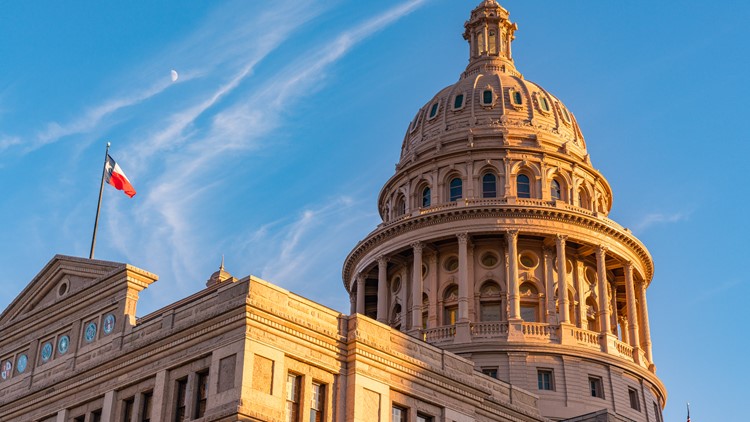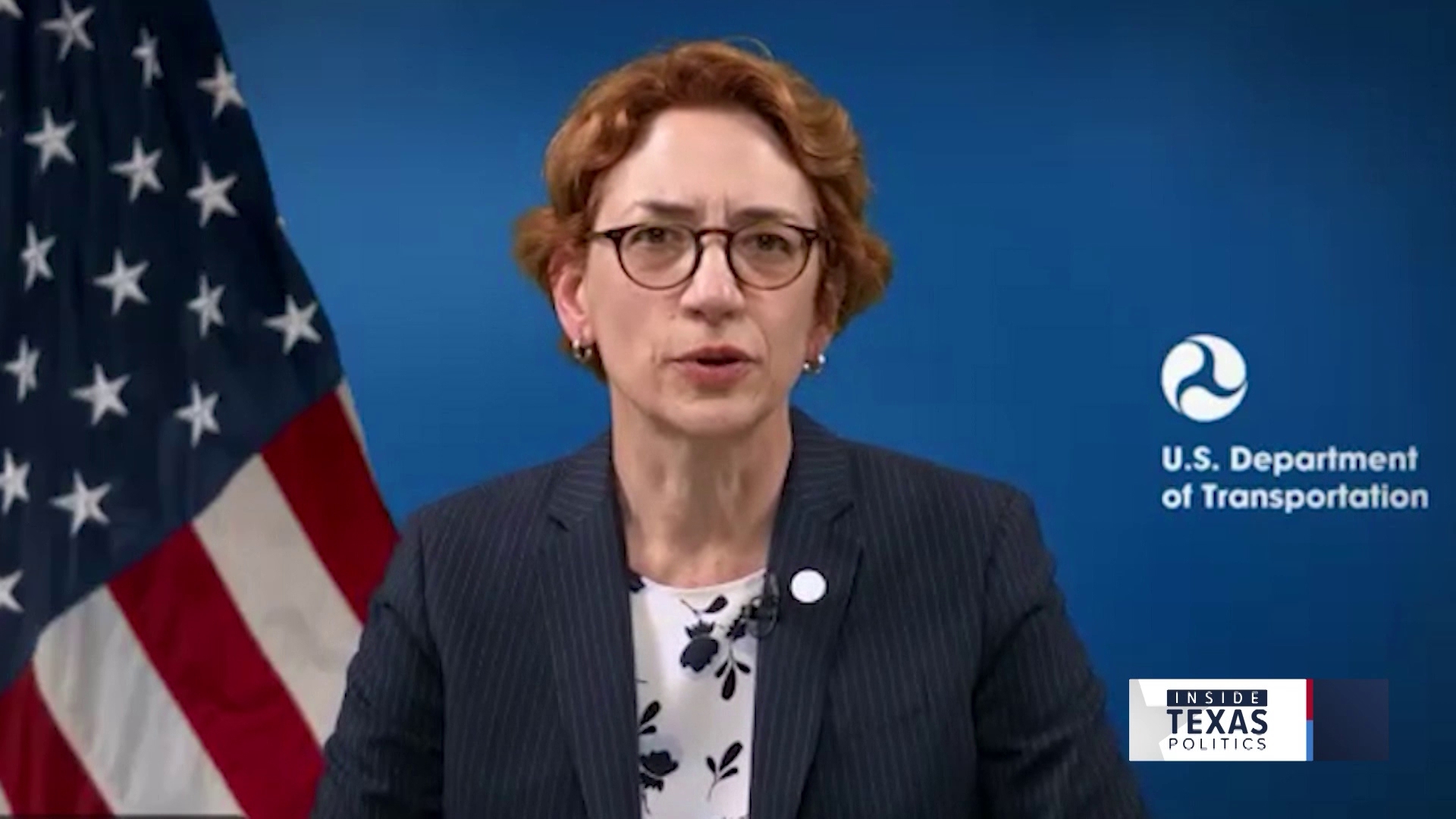After one regular session and three special sessions, the Texas Legislature is gone - finally.
The conservative agenda won big, with lawmakers passing legislation effectively banning abortion and limiting transgender students' participation in sports. Also passed, an overhaul of the election system and newly drawn districts that critics say underrepresents the minorities who fueled Texas' growth and gave the state two additional representatives.
In fact, Texas state Rep. Yvonne Davis, a Dallas County Democrat and veteran of Texas politics who is influential behind the scenes, said that Democrats didn't really get anything out of the sessions.
"We leave the Capitol feeling really disappointed and disgusted with regard to the level of politics that influenced what was going on in the Capitol, versus policy," she said during a rare interview, her first on Inside Texas Politics.
"This was a redistricting cycle, and what we saw in this third session with redistricting was the same thing we went through with SB1 (the elections bill). People just want to ignore the rights of minorities and the right to vote, their right for fair representation, so it's just a continuation of, 'what can we do to people to harm them,'" she added.
But even after all the legislative action, Lt. Gov. Dan Patrick wants another special session. Patrick and the state Republican Party are pressing for a fourth special session, partly over an election audit and laws.
What are Gov. Greg Abbott's options?
Texas power grid forecast
Heading into the winter, there's a big push to make sure the heat and lights stay on. So, the legislature formally created a committee to do that. It's called the Texas Energy Reliability Council.
However, The Texas Tribune did some digging and discovered that oil and gas groups had a lot of influence on who served on this council. Erin Douglas' story raises questions about whose interest these oil and gas groups will be looking out for – the public’s or their own?
But more importantly, is the Texas power grid ready for this winter? Electric providers are concerned, mainly for one reason: natural gas fuels half of the power plants in Texas. But natural gas companies are not required to weatherize. They can voluntarily opt out, declaring that they are not critical infrastructure.
That got state lawmakers upset recently. So, what do gas companies say about it? Todd Staples is a former state leader who is now president of the Texas Oil and Gas Association.
He was one of the guests on this week's episode of Y'all-itics - our political podcast - and said that the concern should be whether too many natural gas companies opt into declaring themselves critical infrastructure - which could put a strain on the entire system.
"And I think this is a very important point that has been lost in the conversation," Staples said.
Property taxes
Texas is on a list that state leaders don't like to talk about. The state is in the top 10, now, for the highest property taxes in the nation - at No.7.
But in the final hours of the third special session, state lawmakers rammed through a bill that might change that - slightly.
This is a bill that state Sen. Paul Bettencourt, a Republican who represents the west side of Houston and Harris County, put together. He spoke with Inside Texas Politics about the bill.
New secretary of state
Abbott's pick for Texas secretary of state - the top Texas election post - is John Scott, a Fort Worth lawyer who briefly represented former President Donald Trump and worked alongside Texas state Sen. Bryan Hughes to challenge the 2020 Pennsylvania presidential results.
What kind of message is the governor sending at a time when Trump has criticized Texas' lack of an audit?
Nov. 2 election
Early voting ends on Friday for next month's constitutional amendment election.
There are a couple of hot button ones. Will all of them pass?
Ross Ramsey, with The Texas Tribune, said he predicts they will.
"They're more like 'warm button' issues - they're important to some people, but they're not important to most Texans," he said. "It's going to be a very low-turnout election. That tends to favor the people who are ardently for or ardently against something, and I wouldn't be surprised if all eight of these things passed."



